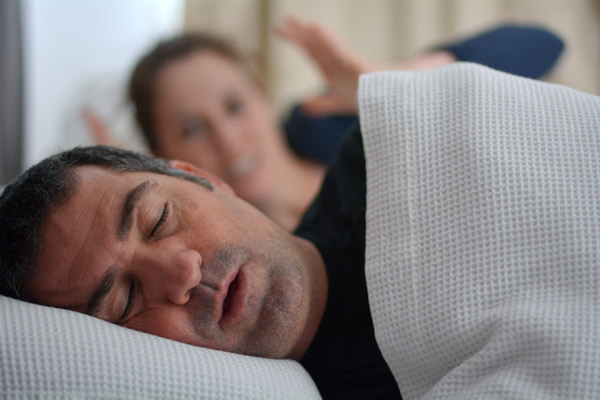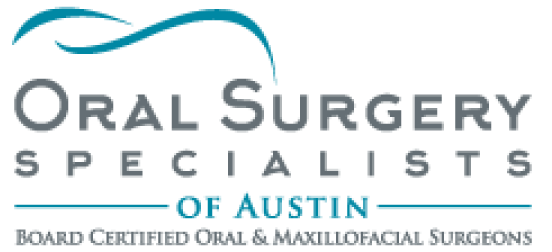SLEEP APNEA TREATMENT
Obstructive Sleep Apnea, also known as OSA, is chronic condition characterized by the relaxation of muscles during sleep resulting in the collapse of soft tissues and blockage of the airway. This disturbs sleeping patterns and forces a person to wake up, often multiple times at night, due to shortness of breath. The airway blockage may last anywhere from a few seconds to even a minute or more. Repeated breathing pauses can cause oxygen levels in the body to drop considerably. The individual suffering from this condition, therefore, experiences fatigue, stress, lethargy, and a strong urge to sleep throughout the day.

The most common signs of Obstructive Sleep Apnea include snoring, gasping, or making choking sounds during sleep. If left untreated, the condition can lead to the development of a number of systemic diseases such as diabetes, stroke, elevated blood pressure, and acid reflux. Fortunately, dentistry offers simple, painless treatment options that minimize or eliminate the chances of airway obstruction during sleep.
Depending upon the case and age of the patient, dentists generally aim to correct the condition by advising appliances that resemble mouth guards which prevent the collapse of soft tissues surrounding the respiratory tract, or Constant Positive Airway Pressure face masks. However, among the two treatment options, patients tend to feel more comfortable opting for and using mouthguards rather than CPAP face masks.
Dental surgeons carefully evaluate each case before planning a treatment that suits the requirements of the patient best. If the sleep apnea is rooted in a dental or skeletal irregularity, dentists first aim to eliminate the primary cause before proceeding with appliance design.
DIAGNOSIS OF SLEEP APNEA
During your consultation, Dr. Flint will discuss the possible causes of your sleep apnea, and determine the severity of your disorder. Most of our patients have already received a diagnosis of sleep apnea before they arrive at our surgical facility. Surgical intervention is typically the last line of defense after other treatment options have been exhausted.
SURGICAL OPTIONS FOR SLEEP APNEA
There are a wide variety of surgical options that address the symptoms of sleep apnea. Some of these options include:
- Uvulopalatopharyngoplasty (UPPP). One of the most common sleep apnea surgeries that involves removing excess tissue from the pharynx and soft palate.
- Nasal surgery. This type of surgery addresses nasal obstruction or congestion by creating more room in the nose.
- Soft palate implants. Also known as the Pillar Procedure, this surgery involves the placement of three polyester rods into the soft palate to stiffen the area and prevent contact with the pharynx.
- Hyoid advancement. This surgery addresses the small bone in the neck (the hyoid) to expand the airway and prevent collapse.
- Tongue advancement. This type of surgery helps keep the tongue from falling backward into the throat during sleep.
- Lower jaw advancement. This surgery helps us move the lower jaw forward and enlarge the entire upper airway.
- Tracheostomy. This surgery allows us to create an additional passageway for air to get to the lungs directly from the trachea.
SCHEDULE AN APPOINTMENT
If other treatments have failed to alleviate your sleep apnea symptoms, you may need surgical intervention. Call (512) 351-7653 to schedule your consultation appointment today!
More Dental Services
3D Imaging
Facial Trauma Surgery
Oral Cancer Surgery
Single Tooth Dental Implants
Anesthesia
Full Arch Replacement with Dental Implants
Oral Pathology
Sleep Apnea Treatment
Bone Graft
Impacted Canine
Implant Anchored Dentures
Pre-Prosthetic Surgery
TMJ Treatment
Cleft Lip and Palate
Impacted Wisdom Teeth
Jaw Surgery
Ridge Augmentation
Tooth Extraction

